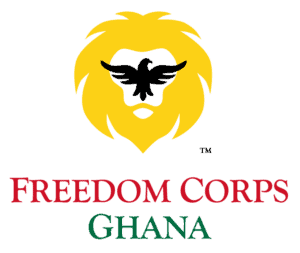Keta Foundation - FCG
Freedom Corps Ghana Pioneer Programme (FCG)
Freedom University Pioneer Credo
Slavery in its many insidious guises is alive and flourishing in Ghana, and throughout the world.
The Freedom Corps Ghana Pioneer project, a program by Freedom University Keta, is the first to combine scholarship with activism, using lessons from the past to attack and transform the conditions – greed, ignorance, poverty, intolerance, and lack of respect for individual freedom, dignity and well-being – that allow slavery to flourish.
Freedom Corps Ghana Pioneers will become the vanguard of informed, influential activists in an on-going battle to eliminate this evil practice.
“Education is our passport to the future, for tomorrow belongs to the people who prepare for it today.” – Malcolm X
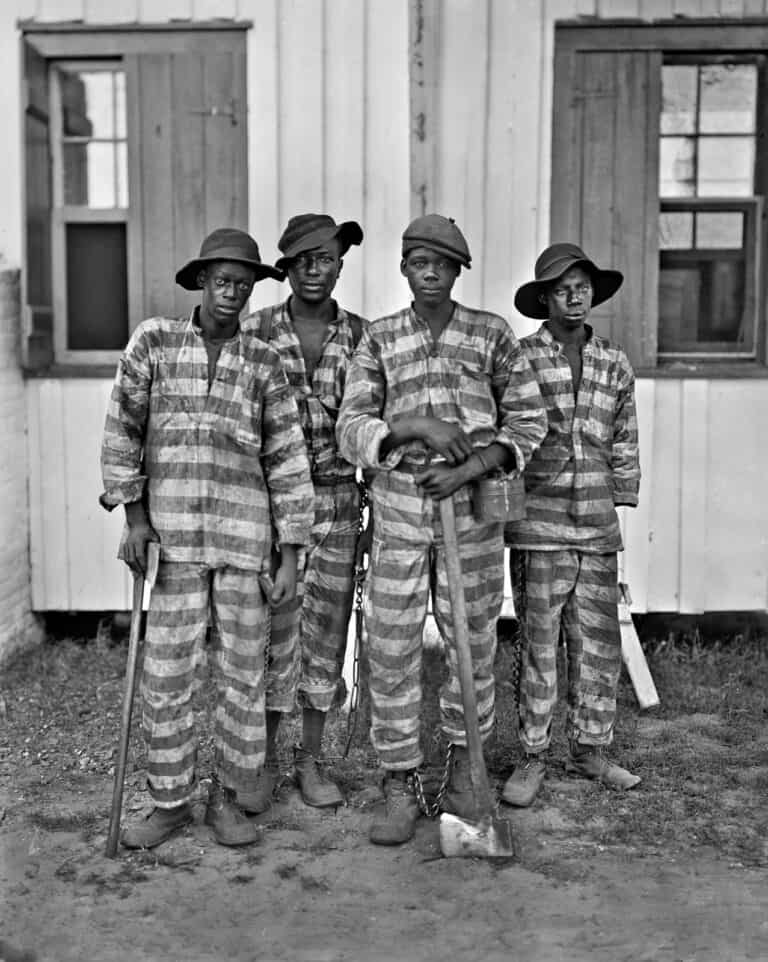
Background
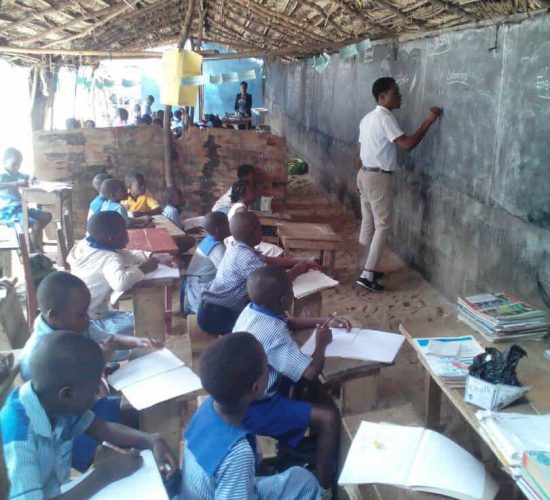
Freedom University, Keta, Volta Region, Ghana, was founded June 18, 2013, by Fortune Norris Addor and Michael Flannery and Registered as a Non-Profit Organisation in accordance with The Registrar General’s Department Companies Act, Section 24 (Act 179) of the Companies Code (1963).
March 2015, Gavin P. Smith was appointed Executive Director and Consultant for the university and FCG Pioneer program. Located on nearly 25 acres of prime seafront property awarded to Freedom University by Keta Municipal Assembly in perpetuity, Freedom Campus (the site of Freedom University) offers hope, job creation and a boost to the economy of the people of Keta and the Volta Region.
Proximity, and a good road system connecting Keta and the capital city of Accra and its international airport (approximately two hours), facilitate travel, communications and logistics.
Program Mission
The mission of Freedom Campus is focused on housing, health, nutrition, education and the creation of opportunity for Ghana, and all Africans.
Because of its unique setting – Freedom Campus is literally adjacent to the former infamous slave shipping port of Fort Prinzenstein – we have a never-ending obligation to remind the world of what happens when human beings are stripped of their dignity and traded as chattel. The practice of slavery in many forms continues around the world today, as always, fueled by avarice, poverty and ignorance. While we have few weapons to combat greed, evil and inhumanity, Freedom Campus will be at the vanguard of the war against the factors that allow slavery to flourish.
It is with this responsibility in mind that that a two week Keta-based programme for the study of slavery and Anlo-Ewe history has been developed under the umbrella of the Freedom Corps Ghana (FCG). The primary target audience for this programme is composed of American, Caribbean and European higher educational students, many of whom – descendants of the African Diaspora – have deep, personal interest in learning the history behind the capture, enslavement, treatment and transport of their ancestors from the African Continent to the Caribbean and the North and South Americas. The secondary target audience is composed of faculty, staff, alumni and students in all global markets, who wish to learn more about the history of Black African slavery, and Ghana, the most hospitable and tolerant of all African countries.
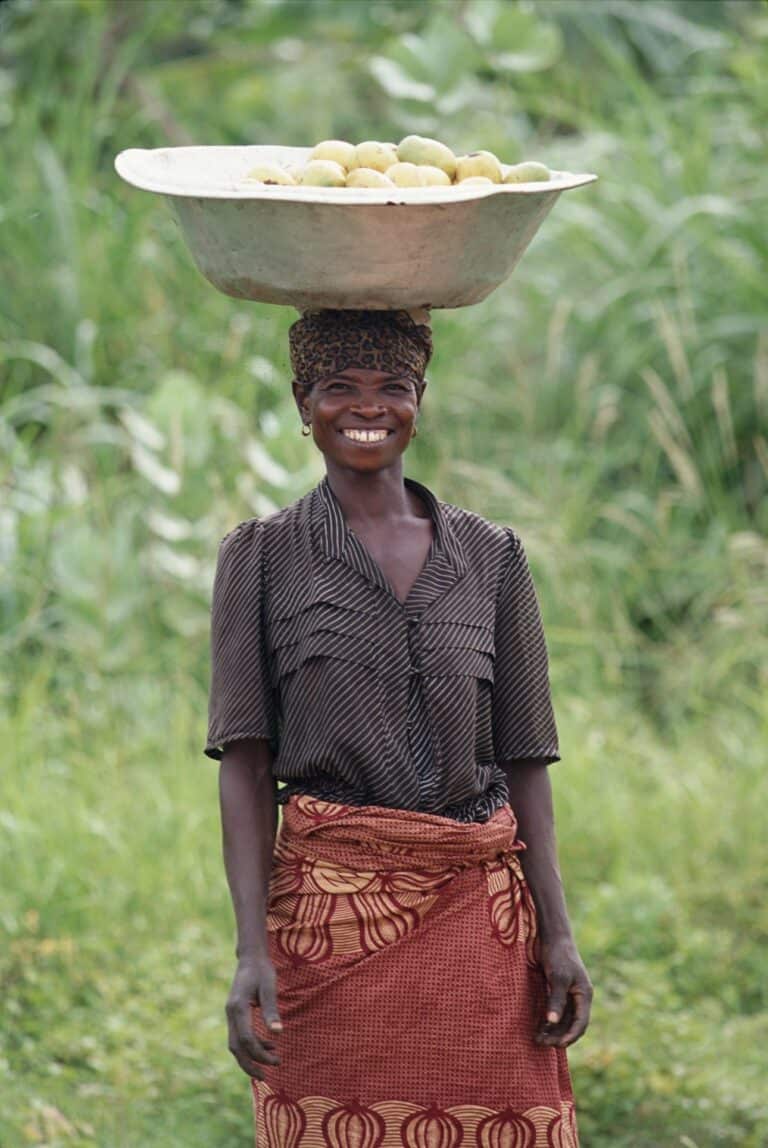
Program Highlights
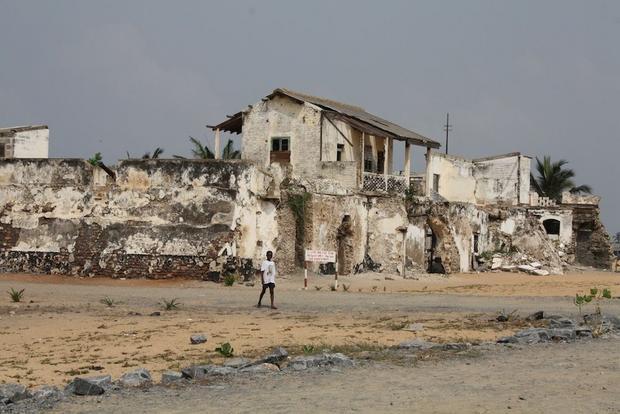
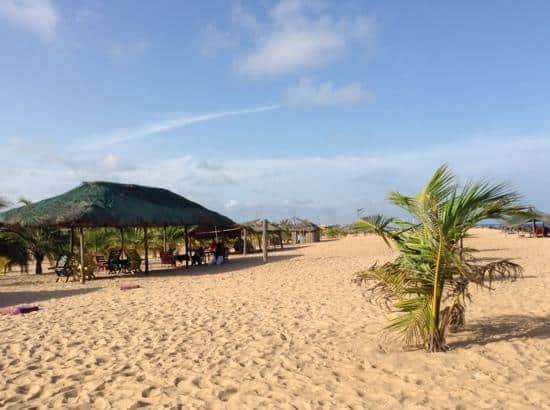
Ghana’s ports, including Fort Prinzenstein at Keta, played a primary role in this infamous chapter. Freedom University’s GFC project is Africa’s first organised study programme located in the immediate vicinity of a dungeon and port for slaves. The intensity of exposure to the Pioneer’s own pasts will be reinforced by field trips to other slave centres, slave markets and slave houses within Ghana, Togo and Benin. Distinguished university and other lecturers will offer a comprehensive overview of African slavery under colonial powers, and the legacy this created.
At the same time, all activities will be oriented to involve FCG Pioneers personally with the people, culture, local history and current circumstances of the towns and regions that they visit. Music, folk art, dancing, food, celebrations and personal contact with the peoples of Ghana, Togo and Benin, are at the heart of the Pioneer experience. When they have formed their impressions, discussed in open forums and workshops, they will be asked to engage their minds and creativity to find sustainable solutions to the critical problems of health, nutrition and housing.
An initial three week ‘Aspen Africa’ is planned in the future, to be held at Keta, organised by the Advisory Board and Directors of Freedom University. We anticipate that this annual event – the first such in Africa – will be attended by leading slave studies scholars and academicians, entrepreneurs, philanthropists, scientists, statesmen and personalities from throughout the world. Aspen Africa will be limited to thirty participants who may book a one to three week programme. Prices and details of speakers, subject matter and activities will be published nearer the event.
Slave Routes
“Education is like a vaccine that helps slavery-proof vulnerable communities.” – Free The Slaves (FTS), June 2015
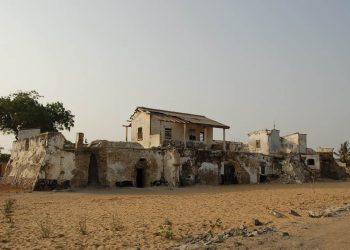
Fort Prinzenstein
Fort Prinzensteen (Danish: Prinsestein; English: Prince’s Rock) was one of four major Danish structures in Ghana. Built 1784 east of the Volta River in Keta, its purpose was defensive, designed to protect the area from competing colonial powers, and to serve as a bastion in the war against the Anlo Ewe. The town of Keta, the commercial capital of the thirty-six Anlo towns, was founded by Ewes who migrated from Togo.
As Danish influence waned and trade patterns altered, the fort became a dungeon for slaves awaiting transport to the Caribbean and the American Colonies. On 30 March 1850 all Danish Gold Coast Settlements were sold to Britain, and incorporated into the British Gold Coast.
The labor-intensive agriculture of the New World demanded a large workforce. Crops such as sugar cane, tobacco and cotton required an unlimited and inexpensive supply of strong backs to assure timely production for the European market. Slaves from Africa offered the solution.
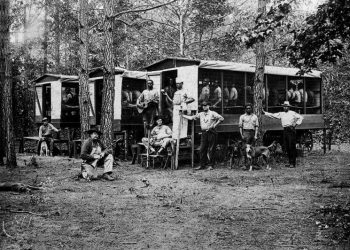
Slave Trade
The slave trade between Western Africa and the America\’s reached its peak in the mid-18th century when it is estimated that over 80,000 Africans annually crossed the Atlantic to spend the rest of their lives in chains. Of those who survived the voyage, the final destination of approximately 40% was the Caribbean Islands. Thirty-eight percent ended up in Brazil, 17% in Spanish America and 6% in the United States. By 1860, there were an estimated 3.5 million Black Africans in what is now the United States, almost all, enslaved.
Today, Fort Prinzensteen, damaged and reduced by the relentless battering of the sea, is the symbol of slavery, an emblematic heart-wrenching ruin of great and tragic importance. For millions of African-Americans and other descendants of slaves throughout the world, it is The Ghana Connection™.
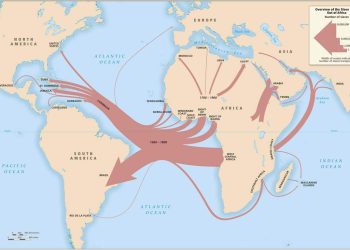
The Project: Slave Roots™
Slave Roots™ will establish the Volta Region, Keta Municipal District and Fort Prinzenstein as tourist attractions for an international niche tourist industry composed primarily of descendants of the African Diaspora, but also of citizens everywhere – aware of slavery and curious to learn more. That this experience takes place immediately adjacent to a dungeon and shipping port where this cruel practice flourished for nearly a century, heightens the poignancy of Fort Prinzenstein\’s bitter history, and the acute importance of supporting action to suppress slavery in its all its insidious contemporary guises.
Culture: Ewe & Anlo-Ewe
Ewe & Anlo Ewe
“Prejudices, it is well known, are most difficult to eradicate from the heart whose soil has never been loosened or fertilised by education: they grow there, firm as weeds among stones.” – Charlotte Brontë, Jane Eyre
Ewe
Population1,615,700 in Ghana (1991), 13% of the population (1990 WA). Population total both countries 2,477,600 (1991 L. Vanderaa CRC). Including second language users: 3,000,000 (1999 WA).
| Region | Southeast corner. Also spoken in Togo. |
| Alternate names | EIBE, EBWE, EVE, EFE, EUE, VHE, GBE, KREPI, KREPE, POPO |
| Dialects | ANGLO, AWUNA, HUDU, KOTAFOA |
| Classification | Niger-Congo, Atlantic-Congo, Volta-Congo, Kwa, Left Bank, Gbe |
| Comments | Language of wider communication. Grammar. Literacy rate in first language: 30% to 60%. Literacy rate in second language: 75% to 100%. Roman. Christian, traditional religion. Bible 1913-1931. |
The Ewe occupy southeastern Ghana and the southern parts of neighboring Togo and Benin. On the west, the Volta separates the Ewe from the Ga-Adangbe, Ga, and Akan. Subdivisions of the Ewe include the Anglo (Anlo), Bey (Be), and Gen on the coast, and the Peki, Ho, Kpando, Tori, and Ave in the interior. Oral tradition suggests that the Ewe immigrated into Ghana before the midfifteenth century. Although the Ewe have been described as a single language group, there is considerable dialectic variation. Some of these dialects are mutually intelligible, but only with difficulty.
Unlike the political and social organization of the Akan, where matrilineal rule prevails, the Ewe are essentially a patrilineal people. The founder of a community became the chief and was usually succeeded by his paternal relatives. The largest independent political unit was a chiefdom, the head of which was essentially a ceremonial figure who was assisted by a council of elders. Chiefdoms ranged in population from a few hundred people in one or two villages to several thousand in a chiefdom with a large number of villages and surrounding countryside. Unlike the Asante among the Akan, no Ewe chiefdom gained hegemonic power over its neighbor. The rise of Ewe nationalism in both Ghana and Togo was more of a reaction to the May 1956 plebiscite that partitioned Eweland between the Gold Coast and Togo than to any sense of overriding ethnic unity.
Substantial differences in local economies were characteristic of the Ewe. Most Ewe were farmers who kept some livestock, and there was some craft specialization. On the coast and immediately inland, fishing was important, and local variations in economic activities permitted a great deal of trade between one community and another, carried out chiefly by women.
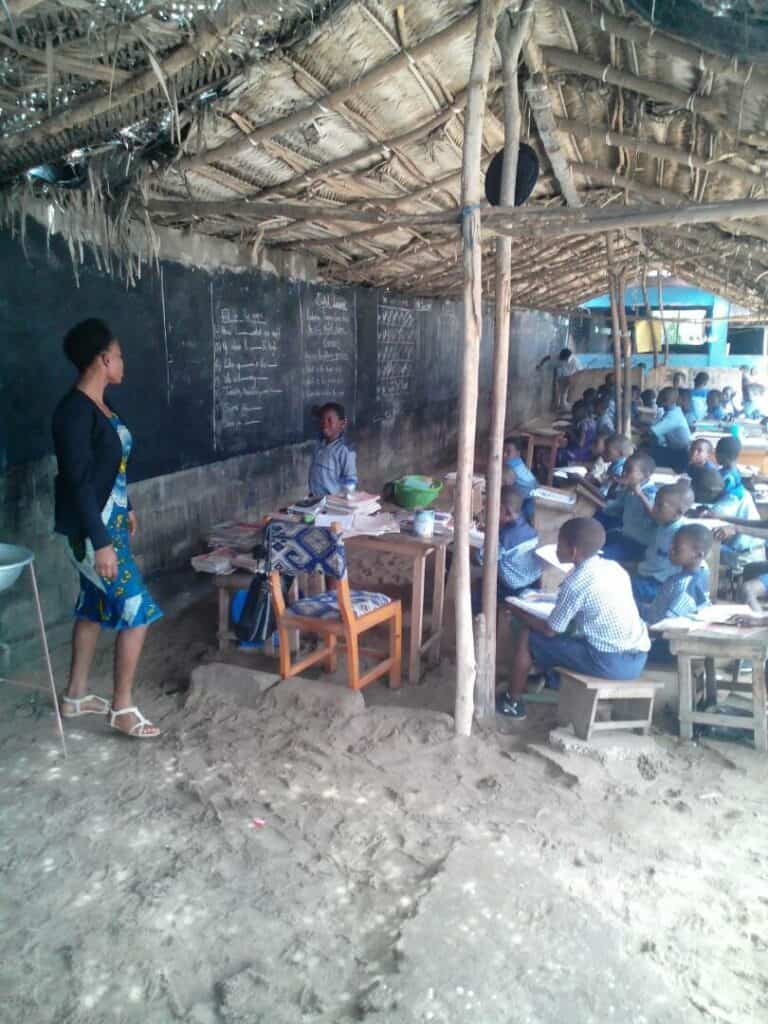
Bibliography about this language:
- Akuetey, Caesar. 1995. “Are `le’ and `li’ dialectal variants in the Ewe language?.”
- Akuetey, Caesar. 1998/1999. “A preliary of Yeegbe: Animist cult language in Eweland.”
- Callow, John C. 1973. “Two approaches to the analysis of meaning.”
- Duthie, Alan S. 1993. “Semantic diversity in Ewe words.”
- Dzameshie, Alex K. 1998/1999. “Structures of coordination in Ewe.”
- Neeley, Paul. 1997. Review of African Rhythm: A northern Ewe perspective, by Agawu, Kofi.
- Ring, J. Andrew. 1981. Ewe as a second language: A sociolinguistic survey of Ghana’s central Volta region.
- Ring, J. Andrew. 1991. “Three case studies involving dialect standardization strategies in northern Ghana.”
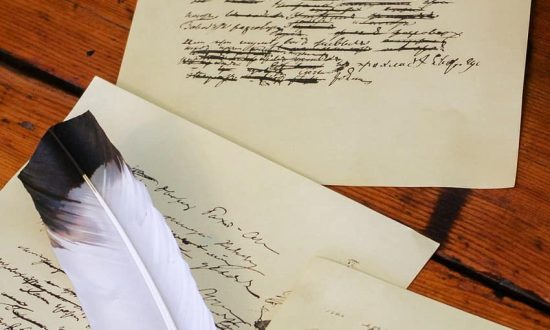
Anlo-Ewe
- Freedom University Ghana – Culture – Anlo Ewe
- For details on the Anlo-Ewe, please open or download this PDF file.
Additional information
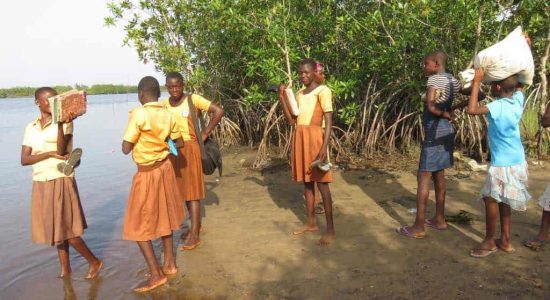
Program Terms & Conditions
For complete terms and conditions surrounding the Freedom Corps Ghana Pioneer Programme, please click here.
Passport & Travel Advisories
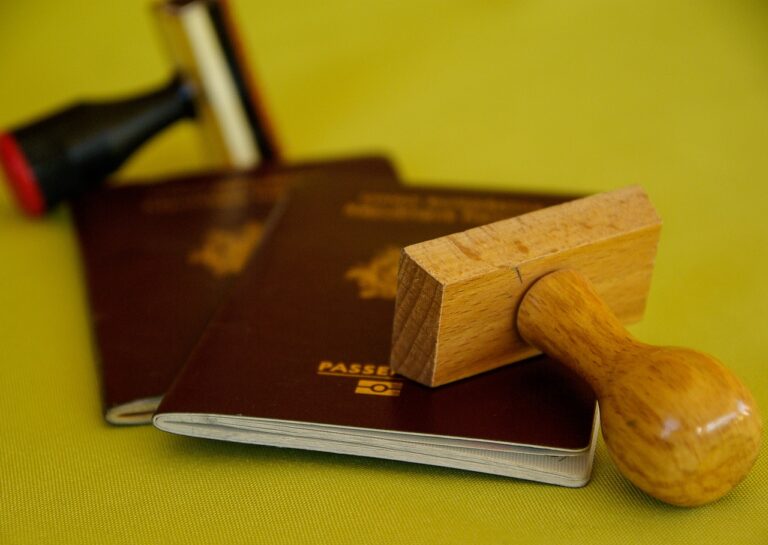
Embassy Information
Embassy Information
U.S. Embassy Accra No. 24 Fourth Circular Road Bantonments,Accra, Ghana
Telephone: +(233)(030) 274-1000
Emergency After-Hours Telephone: +(233)(030) 274-1775
Fax: +(233)(030) 274-1362 or (233)(030) 274-1426
Email: ACSaccra@state.gov
Ghana Missions Outside Africa
Australia
Perth: 08 9364 2893
www.consulate-ghana.com.au
Canberra: 02 6290 2110 or 02 6286 8217
www.ghanahighcom.org.au
Belgium, Brussels
02 705 82 20
www.ghanaembassy.be
Canada, Ottowa
613 236 0871 or 613 746 5371
www.ghc-ca.com
China, Hong Kong
852 2530 3448
www.ghana.org.hk
Denmark, Copenhagen
Also serves Sweden, Norway, Finland and Iceland
039 628 222
www.ghanaembassy.dk
France, Paris
01 45 00 90 50
8 Villa Said, Paris
Germany, Berlin
030 447 9052
www.ghanaemberlin.de
Italy, Rome
06 8621 7191
www.ghanaembassy.it
Japan, Tokyo
3 5410 8631
www.ghanaembassy.or.jp
Netherlands, The Hague
070 3384 385
www.ghanaembassy.nl
Switzerland, Berne
031 381 7852
United Kingdom, London
020 8342 7500
www.ghanahighcommissionuk.com
United States, Washington, D.C.
202 686 4503
www.ghanaembassy.org
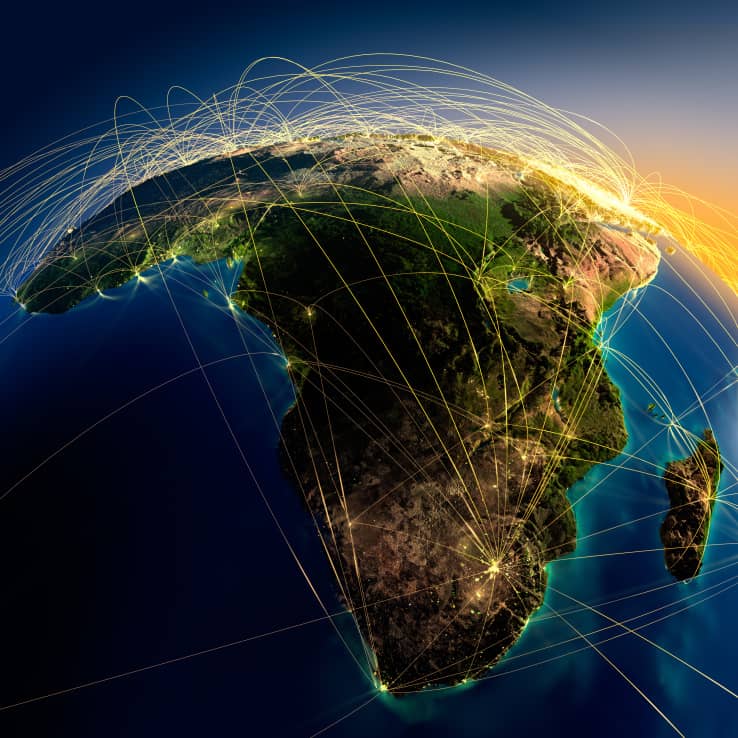
Visas For Onward Travel
Visas for the following neighboring countries are available from embassies in Accra:
Burkina Faso
Visas cost $40 (not payable in cedis) for 3 months. Issued within 24 hours. Requires 3 photos. Visa costs more at border.
772 Farrar St. Asylum Down
021 221 988 or 021 221 936
Côte d’Ivoire
Month-long visas cost $4 (payable in cedis) for Australians & Americans. British nationals pay $10. Issued within 48 hours. Requires 2 photos. Visa costs more at border.
9 18th Lane, Osu
021 774 611 or 021 774 612
Togo
Visas cost $20 cash (payable in dollars only) for multiple entry. Issued same day if apply in AM. Requires 3 photos. Visa costs more at border – approximately $40 cash.
Togo House, Cantonments Circle
021 777 950 or 021 774 521
Benin
Visas cost $25/$50 for one-/three-month multiple entry. Issued within 48 hours. Requires 3 photos.
3 Switchback Lane
021 774 860
CDC Travel Advisories:
Additional Information:
Ghana TravelUS State Department – Ghana
TripAdvisor – Ghana
WikiTravel Ghana
Health Considerations & INnoculations

All Travelers
You should be up to date on routine vaccinations while traveling to any destination. Some vaccines may also be required for travel.
I. Routine Vaccines:
- Make sure you are up-to-date on routine vaccines before every trip. These vaccines include:
- Measles-Mumps-Rubella (MMR) Vaccine
- Diphtheria-Tetanus-Pertussis (DTP) Vaccine
- Varicella (chickenpox) Vaccine
- Annual flu shot
- Government Required Vaccines: Yellow Fever Vaccine – Country Entry Requirement for Ghana
The government of Ghana REQUIRES proof of yellow fever vaccination for all travelers, except infants. See more information on yellow fever recommendations and requirements for Ghana.
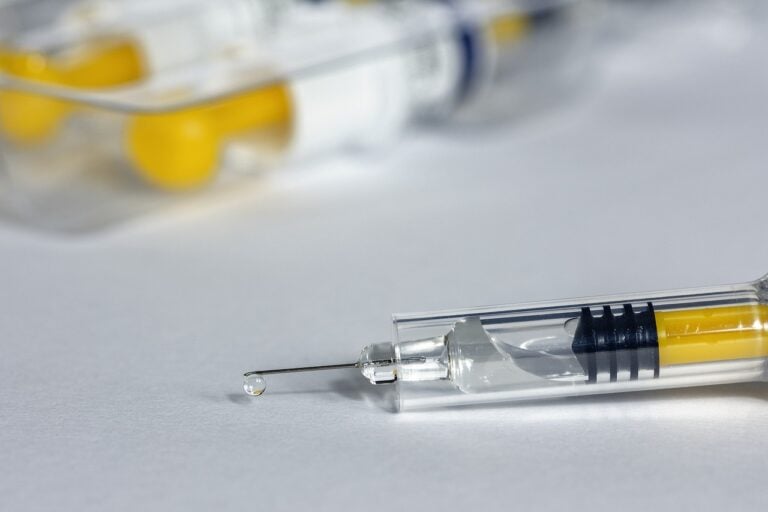
Most Travelers
Get travel vaccines and medicines because there is a risk of these diseases in the country you are visiting.
Hepatitis A – The CDC recommends this vaccine because you can get hepatitis A through contaminated food or water in Ghana, regardless of where you are eating or staying.
Note: It is not uncommon for first-time or infrequent travelers to arrive in another country and feel mildly sick for the first day or two. This is a common adjustment for the body. Different foods, flora and conditions take a bit of getting used to. After the first 24-48 hours, your body typically adjusts to this and all is well. However, if you do find yourself in a situation where you are not adjusting, or in a situation where you return home and experience sickness within a month after travel, consult your physician.
We find that the following general information for travelers regarding health from the CDC is particularly helpful: http://wwwnc.cdc.gov/travel/page/traveler-information-center.
Additional Information:
CDC Traveler InfoFit For Travel UK – Ghana Malaria Map
Staying COnnected in ghana
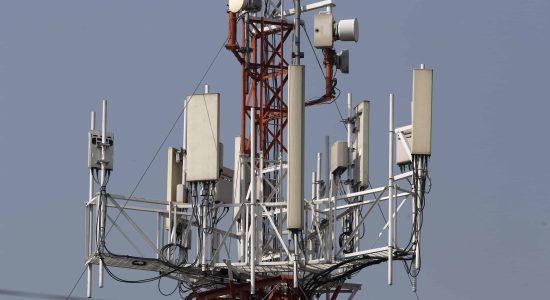
Phone Networks in Ghana
All phone numbers in Ghana start with a leading zero (0). When calling from abroad, use the country code 233, and drop the leading zero.
- 9 digit numbers = landline
- 10 digit numbers = cellular
Note: If you bring an unlocked GSM cellular phone, you can obtain a SIM card for local networks (Airtel, Expresso, Globacom, MTN, Tigo and Vodafone) in Ghana. Service is limited outside of major cities and calls are frequently dropped. Pre-paid credits can be purchased at kiosks. For charging purposes, a working electrical outlet will suffice unless in remote areas (where a solar charger is recommended).

Computer Usage & Wireless in Ghana
A laptop will work, and there are cellular networks that also provide wi-fi service for various fees. Service varies based on location and signal difficulties.
Internet cafes are all over Ghana if you wish to leave your computer behind. If you choose to bring it, be sure to take great care in handling it by protecting from dust, humidity and temperature impact.
If a power outage occurs, make sure your computer is unplugged. Otherwise, the surge from the returning power may damage it.

Electrical Appliances in Ghana
The electrical current is 200/220 volts 50hz. Three prong UK style plugs are standard, but some places use the rounded two prong European style plug, which usually will fit into a 3 prong outlet. You may need a converter or a step-down transformer. Surge protection is strongly advised.
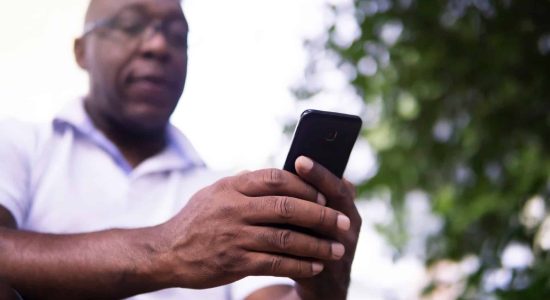
Important Numbers to Note
- Police: 191
- Fire: 192
- Ambulance: 193
Dress Code
What to Pack for Ghana
The following is a typical list of what might be required while you are in Ghana. If you are not traveling in a private car, then be certain to pack light.
Additional Information: http://www.kwintessential.co.uk/resources/global-etiquette/ghana.html
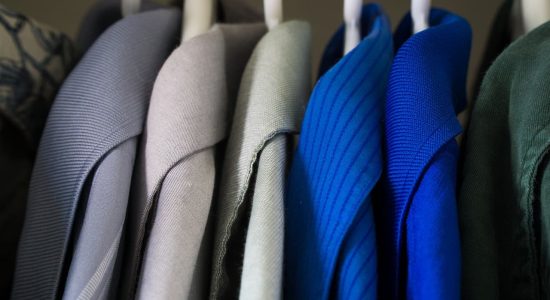
Clothing
White clothing is not recommended because it is impossible to keep clean. Ghana is a very dusty place.
- Smart-casual outfit – 1 set
- Outdoor summer clothing in natural fibres – 3 sets
- Light-weight cotton long pants – 2 pair: For cool evenings or to use as sun screen.
- Comfortable walking shoes / sandals – 1 pair each
- Undershirt / singlet – Not to keep you warm, but to keep the sweat from showing so much.
- Underwear – 4 to 6 sets
- Swimwear: Only wear this at beach or poolside.
- Sarong or multi-purpose cotton wrap-around: Useful also as sun screen or dust cover for cameras.
- Towel / face cloth / bandana / handkerchief
- Hat in neutral tones
- Sunglasses
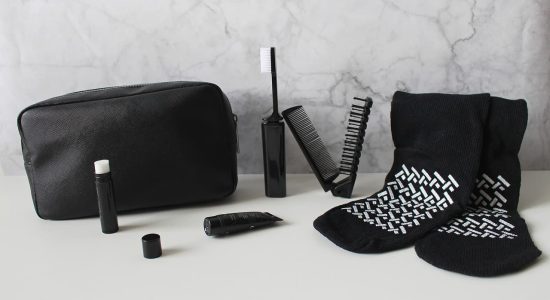
Toiletries
- Toothbrush, toothpaste, soap, shampoo, conditioner, deodorant (not antiperspirant), shaver, brush & comb, moisturizing cream, decongestant, anti-fungal.
- Sunscreen lotion/sun block, lip-aid and floss: These are particularly difficult to obtain in Ghana.
- Prescription drugs/small private medical kit (pain killers, plasters, antiseptic spray) / tampons
- Contact lenses / lens fluid / spare glasses
- Malaria tablets
- Insect repellent (containing DEET is best)
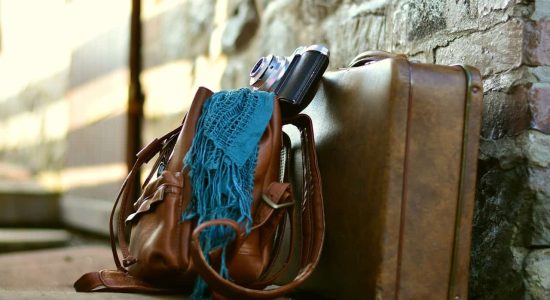
Bags
- Soft hold-all bag for excursions
- Smaller travel/overnight bag or day pack for traveling
- Lightweight backpack if traveling via public transit
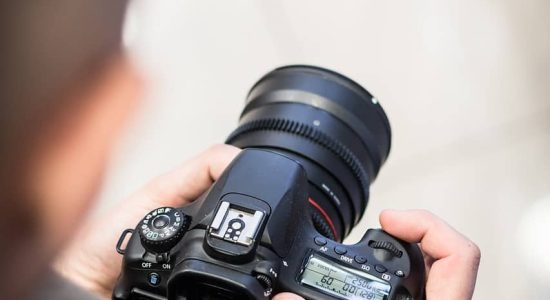
Hardware
- Flash light or head lamp / 2 sets of batteries
- Camera equipment / extra lithium batteries
- Dust-free camera bag (Zip-lock bag is fine)
- Extra battery, solar charger for phone
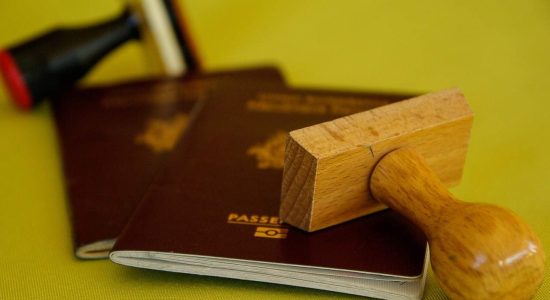
Papers
- Passport / visas / travel documents
- Pen / notebook / travel diary
- Books / reference books / magazines / games to use during long siesta hours or delays
- Cash in Cedis for personal expenses, tips & gratuities. Travelers’ cheques and credit cards are difficult to use.

